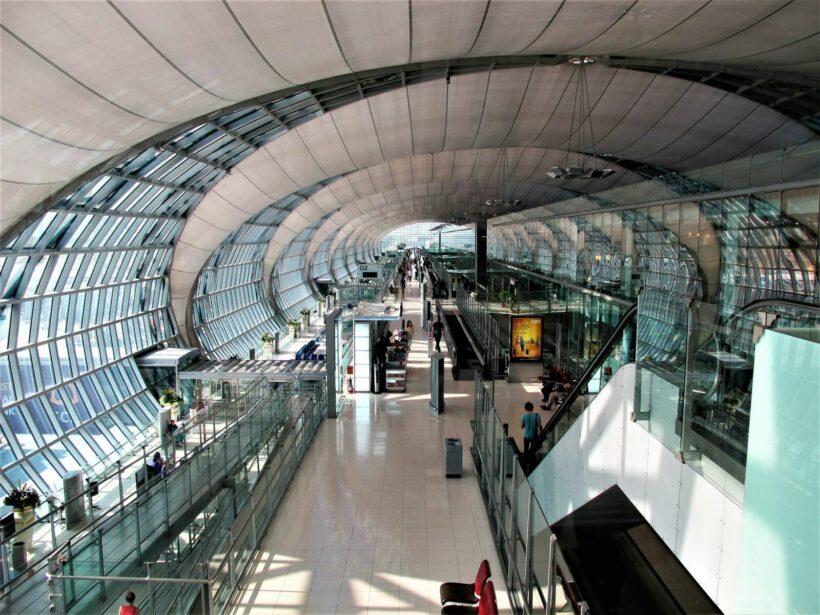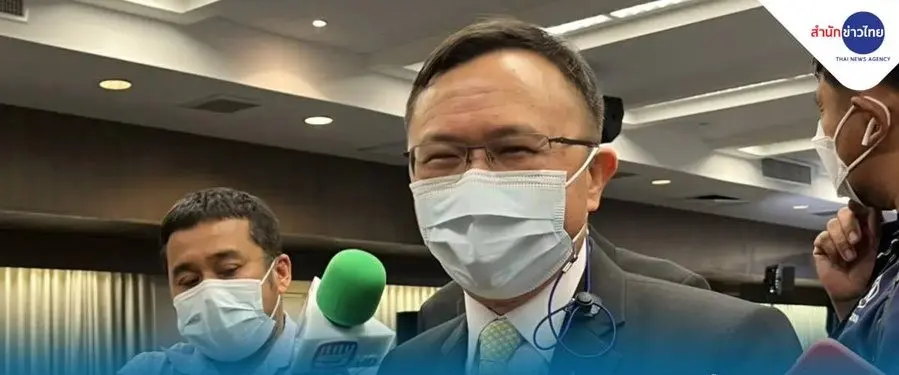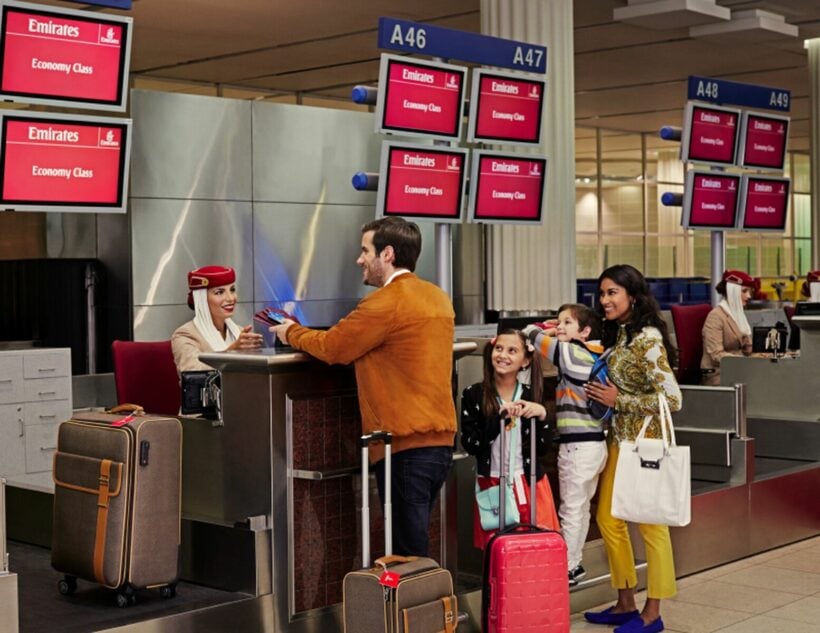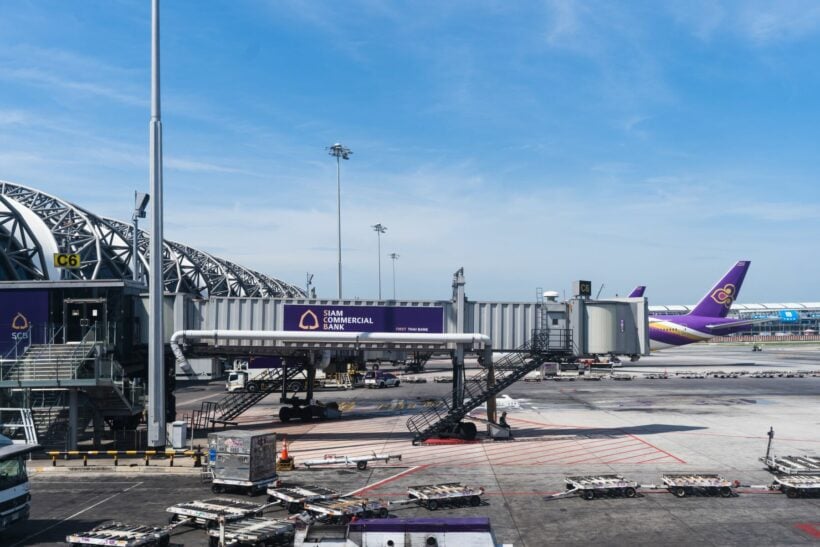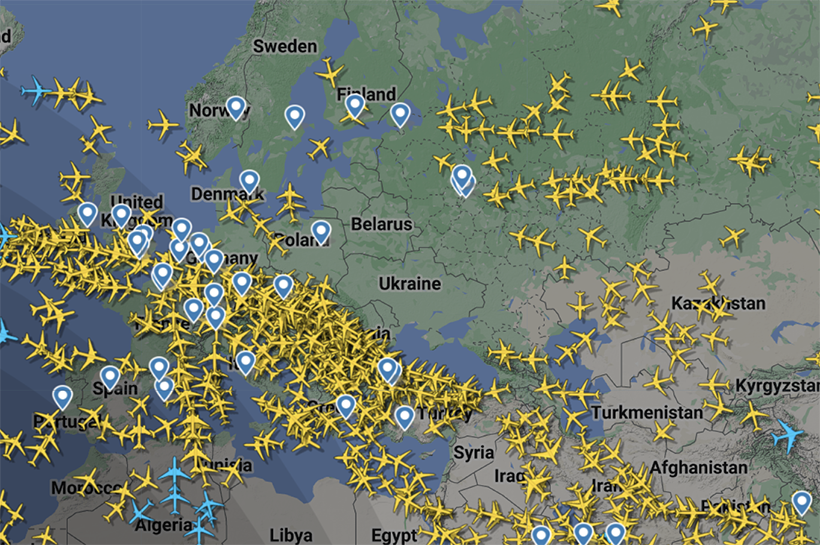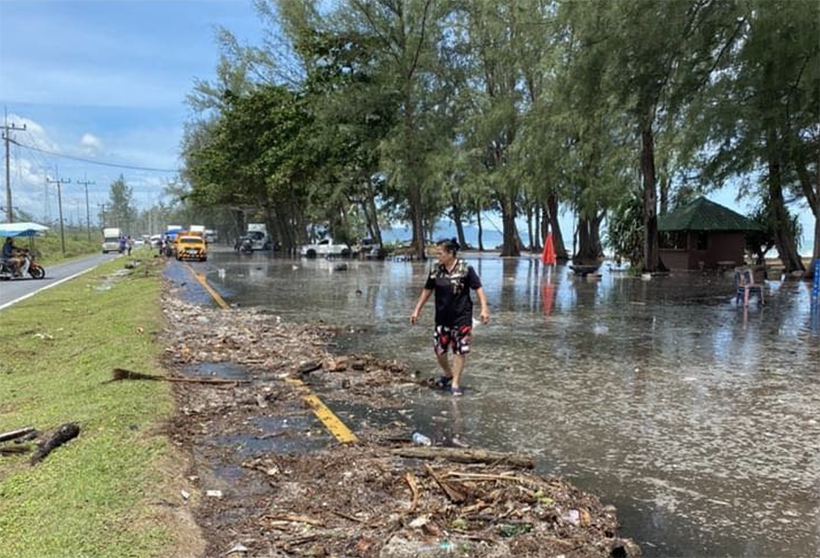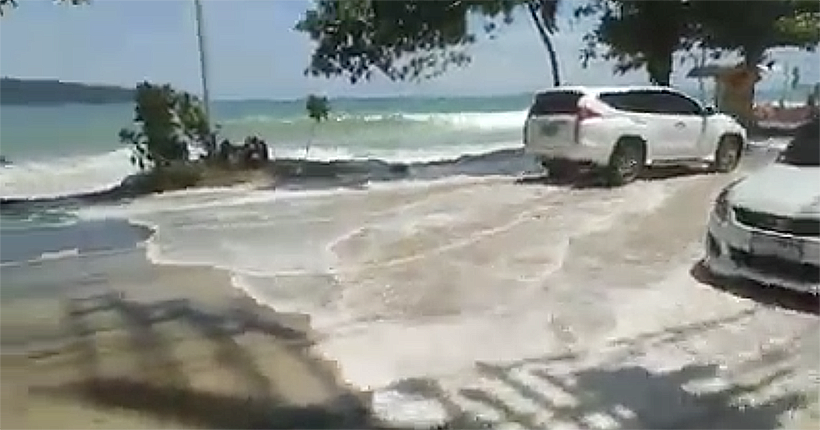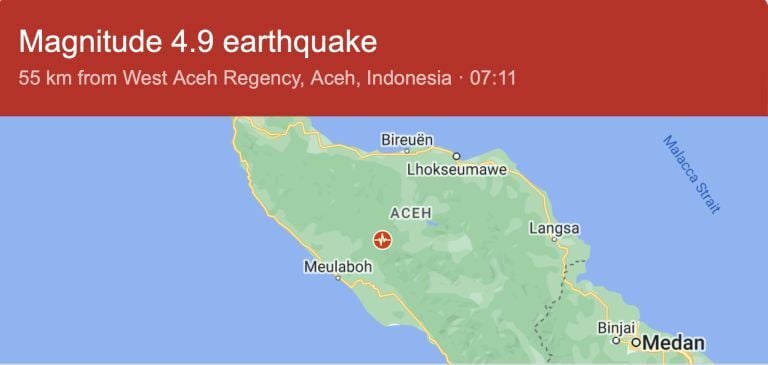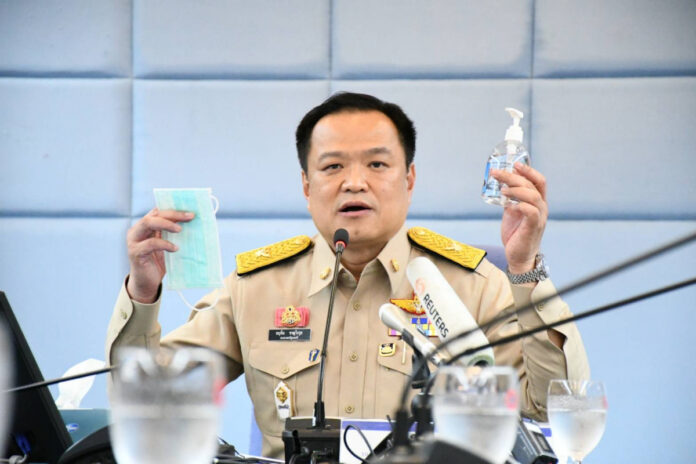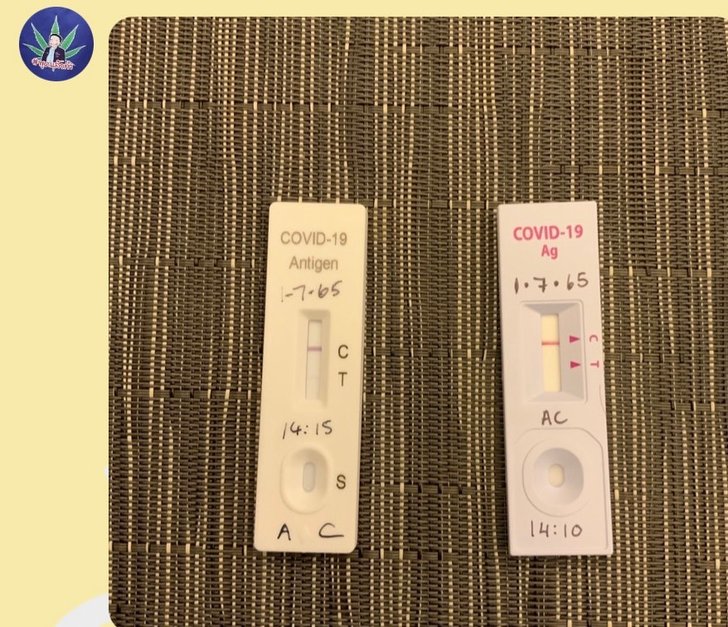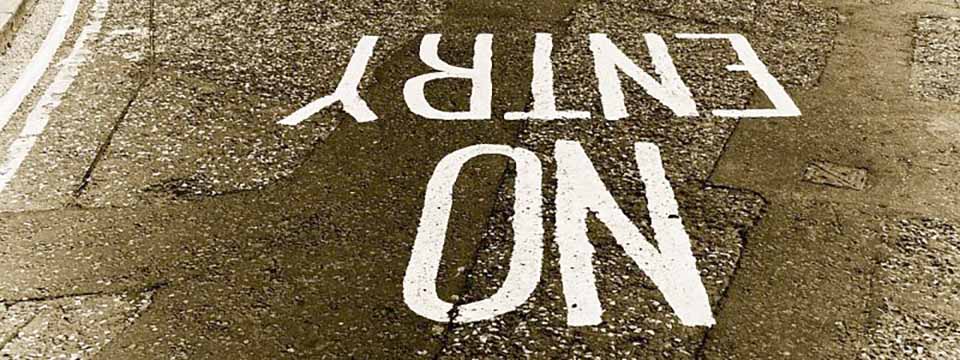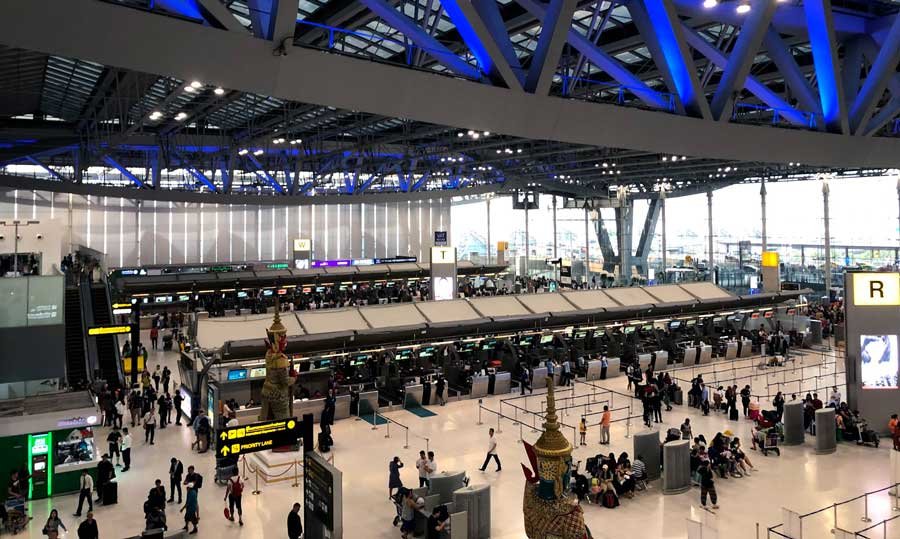
File photo for reference only
OPINION | by Michael Bridge
Suvarnabhumi airport these past few days has experienced a big increase in traffic both inbound and outbound due to the relaxing of Covid regulations.
"Travel will see a strong resurgence because conditions [for entry] will return to almost pre-Covid normality' said a CAAT director.
Well, his predictions seem to be coming true, as the urge to travel by a global population coming out of the pandemic and lockdowns is gaining momentum.
We at AseanNow.com have received just under 11,000 views on the topic of surging airfares and to date nearly one hundred of you have posted a reply.
Certainly, traveling overseas to say Europe is expensive as the route from Thailand is that much longer due to the additional miles flown to avoid Russian airspace.
Also, that old chestnut of school holidays tends to put up airfares too.
In the old days one could pick up a bargain by leaving it to the last minute, but this has all changed so people are having to grab a seat straight away to avoid even higher rates.
This coupled with the fuel hikes have made airlines look at the budgets and schedules and inevitably we the passengers must pay more.
As an example, on Wednesday, I went of Qatar's website and got the lowest return fare offered in July was THB56,340.
Now four days later the same fare had gone up to THB57.545.
Here are a cross-section of some of your replies here.
If you booked two months in advance tickets were still cheap up until about a month or two ago.
$600 for a ticket from Bangkok to Toronto up until May but now it's $4000.
I booked a return flight to my home country back in April for October, it cost me 18,260 baht on sale, today it's on sale again at 22,595 baht, that's a 23.74% increase and on sale, WOW.
There have been over two intervening years, and the price of oil and related fuels has gone up from about $50 to double that. The rise you see in flight costs doesn't seem so bad.
Cashing in on school holidays. it's a joke even I'm looking at flights for August one way £500 ish mark now ...
I was looking this morning at quite a few reputable airlines.
THB50k + for economy return to LHR and back
THB150k + for business to LHR and back
Yes, but be careful who you book with if in a desperate search. Meaning that there are some bad agents out there who will show attractive priced tickets but when the time to fly gets close you will get an email to say the flight price has changed etc. That is when the harm begins. Always better to book directly with the airline although it will be a bit more expensive. Sorry to say that some of these foreign agencies with agents calling themselves name such as Jimmy or David are to be avoided at all costs.
Finally, the current expensive flights are caused by 1 / Fuel costs 2 / Reduced flights because of lack of check in staff and baggage handlers 3 / High season and school holidays.
If a one-way airfare from Bangkok to Phuket is cheaper than a taxi ride from Phuket airport to a destination within the island, then there must be something definitely wrong.
I just booked with Aegean Airlines / Saudi Airlines Business Class £1200.The wife got 6 weeks off plus it's her birthday. And I haven't seen her in over 2 years due to covid I leave on the 18th of July ... I'm so pleased right now actually I'm buzzing with the outcome.
Recently booked direct return flights for BKK-LHR for Sept with Eva. Under 30K.
Quite happy with that as I think not far off from pre-Covid price?
Just booked Qatar BKK/LGW return....33,500 baht...so did quite well by the looks of it.
I will not be booking air travel out of Thailand for at least the next 2 years. It's just good luck and planning that I live in a tropical location anyway and have no real need or desire to spend the money or endure the hassle of aircraft and airports. Just crack another beer, stay by my pool, and watch the mayhem that is air travel at the moment, from as long a distance as possible.
The bottom line is unless you must travel soon, try looking at the cheaper days to fly.
Weekends are often busier and national holidays as well.
Kayak the online booking website shows the cheapest days of the month to travel which could save you a few dollars or baht.
